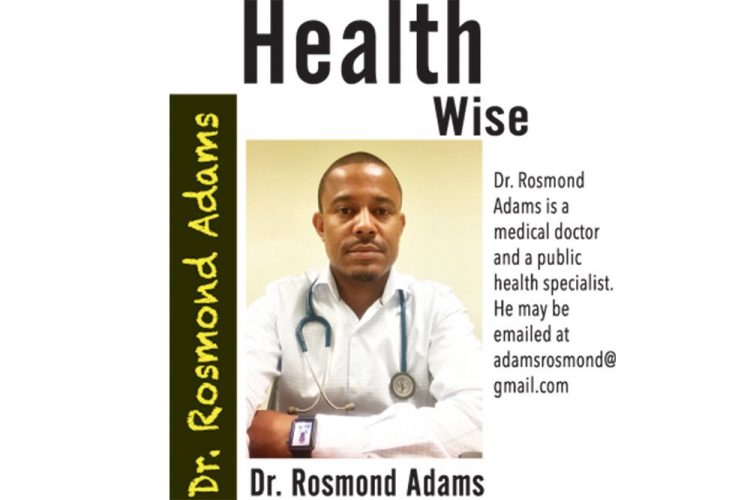When can a patient be treated against his/her own wishes?

In medical ethics, there are four basic principles that guide the practice of medicine. These principles are autonomy or self-governance, beneficence, non-maleficence or the âdo-no-harmâ principle and justice. The physician-patient relationship is often faced by ethical dilemmas. Sometimes, these dilemmas may be easy to resolve. On another hand, some ethical dilemmas may be extremely hard to resolve, as these principles may come into conflict.
A common dilemma faced by physicians is, when do you treat a patient against his or her will, if at all this can be done. Generally, the principle of autonomy is well respected in medicine. This principle states that patients have a right to accept or refuse treatment. This principle puts the choice in the hands of the patients and empowers patients to make an informed decision.
Nonetheless, there are times when a physician, in his or her own judgement, may have cause to believe that the patientâs decision is impaired, or the patientâs choice will take him or her down a destructive path and based on the principles of beneficence (to do good) and non-maleficence (do no harm) the physician may be tempted to override the autonomy of the patient. Remember that physicians have an ethical duty of care. That is, caring for the well-being of patients is first and foremost what he/she must do.
There are conditions that allow physicians to treat patients against their will or without their consent. In an emergency, a doctor may provide involuntary treatment, but only to control the emergency, which is defined as âan imminent danger to self or others.â Whatever treatment is provided in an emergency cannot be continued after the immediate danger has passed, unless the patient agrees and gives informed consent. Physicians cannot continue the medication, even if it could prevent another emergency. The patient has the right to decide whether to continue or not.
For involuntary treatment (treatment without consent) to be delivered outside of an acute emergency, the doctor and hospital must petition a court to order it. The court can send a person to hospital for treatment, or make the person subject to Guardianship. The court can order such treatment, if the treatment is necessary for safety and recovery; if all efforts at voluntary treatment were exhausted; if the benefits of treatment are likely to outweigh its risks. This action is often taken if the person refusing treatment poses a risk to self and to others if left untreated.
Dr Rosmond Adams, MD is a medical doctor and a public health specialist, with training in bioethics and ethical issues in medicine, the life sciences and research. He is a lecturer of medical ethics.
He is the head of Health Information, Communicable Disease and Emergency Response at the Caribbean Public Health Agency (CARPHA). He is also a member of the World Health Organization Global Coordination Mechanism on the Prevention and Control of NCDs.
(The views expressed here are not written on behalf of CARPHA nor the WHO).
You may contact him at adamsrosmond@gmail.com









